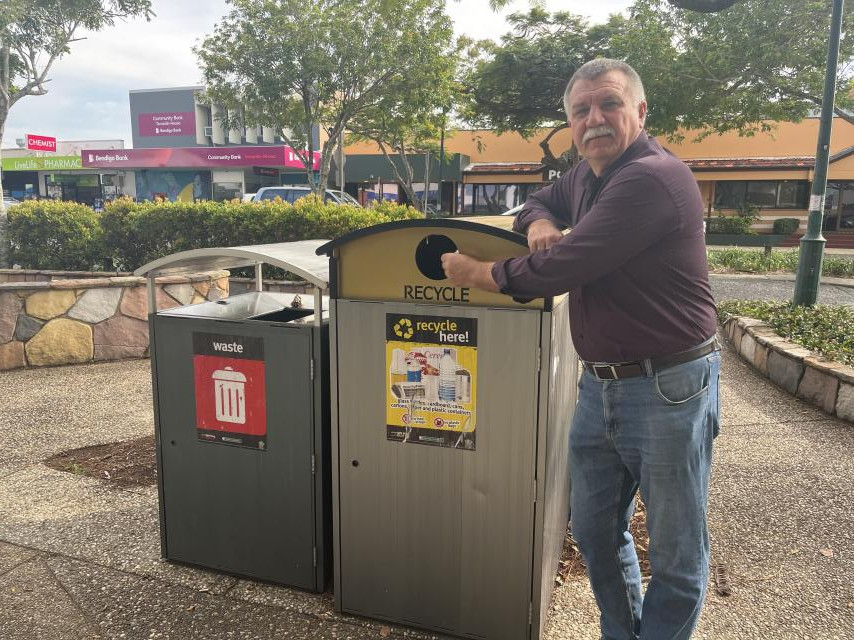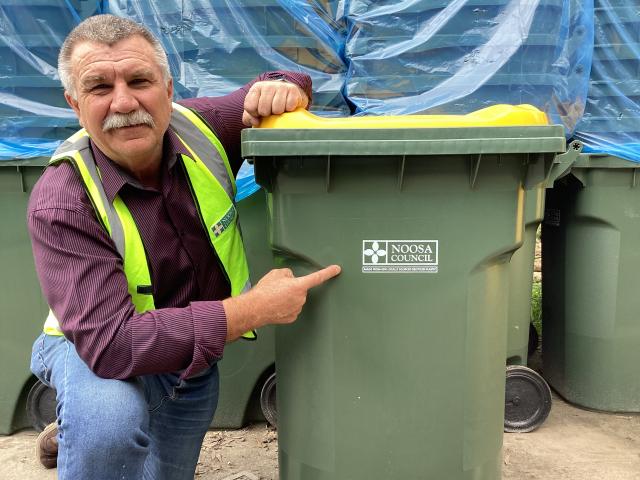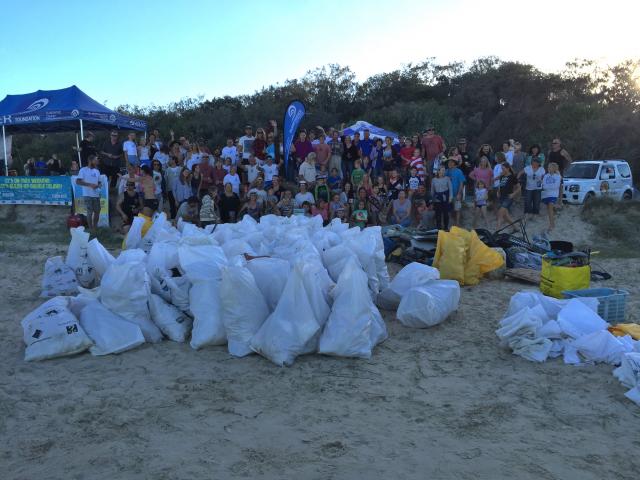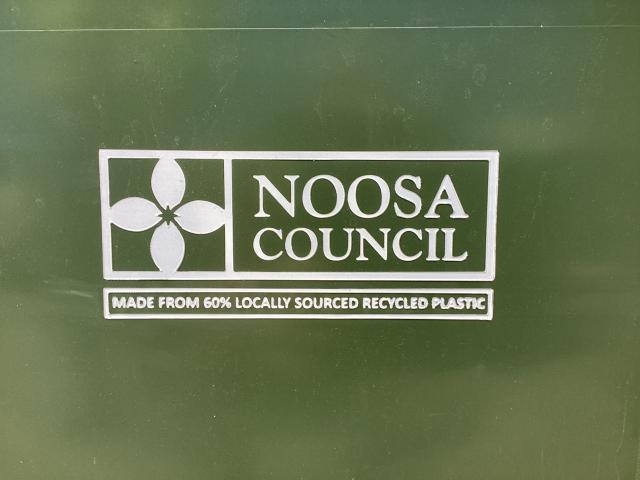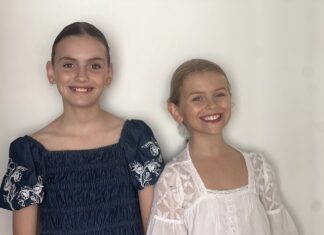On Australia Day 1994, having morphed Clean Up Sydney Harbour Day into Clean Up The World in just five years, Australian of the Year Ian Kiernan was famously introduced by Philip Adams as “the only garbo in the world more famous than Greta”.
But Kiernan – another late, great mate – had not only made himself famous.
He’d made the issue of waste globally famous. A handful of years later Noosa had its own mini-version of Kiernan (aka Captain Yukky Poo) in Joe Jurisevic, a bloke who’d just arrived in town with his family, started a fruit juice distribution business, but still found time to volunteer with the growing number of Clean Up Australia teams.
Joe’s passion for eliminating waste soon turned him into the face of Clean Up in Noosa, and ultimately contributed to the profile that got him elected to the re-formed Noosa Council in 2014, from which platform he is still beating the drum on waste issues, loudly and often.
As our waste issue lurches from major problem to crisis and our council embarks upon a program of community consultation to work out the way forward, we need a couple of thousand waste warriors like Joe to step up and help influence the necessary changes.
To go back to Captain Yukky Poo (a comic invention of ad genius Alan Morris that helped bring kids all over Australia into the Clean Up fold), there is an interesting parallel between Noosa and Ian Kiernan’s life-changing moment in the Sargasso Sea as he sailed for the finish line in the BOC Solo Round World Challenge.
As he told me in 1995: “The Sargasso Sea was a place I’d read about as a kid, and for me it had a magic unequalled by any ocean other than the Great Southern … I can’t overstate the depth of my disgust when I sailed into this pristine place, this sea of magic and myth, and found it littered with rubbish. First a thong, then a toothpaste tube, a comb, a plastic bag… the rubbish kept popping up on both sides of the bow.”
For visitors to Noosa, Main Beach is their Sargasso Sea – pristine at first glance but harbouring a sea of micro-plastics hidden in the sand or floating in the shallows where marine life can munch on it at their peril.
Fortunately, an all-age army of regular beach users has taken up the challenge and regular organised beach clean-ups are making inroads, but small plastic remains a major problem.
According to Council waste manager Kyrone Dodd, our war on waste is not all doom and gloom.
He says: “Waste is a big problem to solve, and we’re probably behind the eight-ball, if we’re honest with ourselves. This is all of Australia, not just Noosa, of course, and actually Noosa has very good contamination rates in its recycling – less than half the state average. That means we put the right stuff in the right bins, we’re pretty good at doing that.
“The problem is that we simply produce too much waste. We’re a throwaway society, and that applies from the way we buy our food to the way we build our houses.
“Waste tonnage is going up not down, driven purely by consumerism. More people buying more stuff.”
Noosa Council’s community consultation on waste, which begins next Tuesday, is designed to find out more about our attitudes to waste, how much we know about the systems we have in place and why we need to improve them.
Says Kyrone: “It’s about finding out what people know about their rubbish. Some know only that it’s the stuff you put in your bin. That’s it, that’s where their concerns lie – how many times the bins get emptied, which bin is for what.
“We’ll target behavioural change and a general understanding of the waste issue. We can’t be prescriptive at this stage.
“We want to see how much of a drive for change there is. You can’t force change, you’ve got to take people on the journey, and Queensland is a long way behind the southern states in doing this. They’ve been going down this path for at least 20 years with a lot of councils implementing change, but it’s big change and it costs big dollars.”
Cr Tom Wegener, a long-time advocate of recycling and sustainable living, says: “As councillors we need to be having conversations in the community about the various options to reduce waste emissions so that by the time the consultation starts there’ll already be at least some level of awareness.
“It’s important to get people thinking, do we want to dig a bigger hole [at the landfill] or do we want to get rid of all that food waste from our restaurants in a different and sustainable way? We want to use the energy of food to create power, not bury it.
“Every one of us can find ways to contribute to the solutions instead of just being part of the problem.
“Every second day I pick up four huge buckets of food waste and coffee grinds from Fika Cafe in Cooroy and put it in the community garden.
“That’s one small café in a shire that has so many. Imagine if they all did that!
“And others are getting on board, like Embassy XO in Sunshine Beach. The chef fills his truck with organic waste and takes it home to use in his own garden.”
Says Kyrone: “It comes back to ownership. We’re a relatively wealthy community. We should own our waste and deal with it, not try and hide it in a hole.
“Effectively, with the big waste producers it’s user pays because they pay at the landfill and it’s not cheap. We’ve changed our pricing at the Resource Recovery Centre weighbridge to help influence a change in behaviour in recycling more and sending less to landfill.
“None of this will happen overnight, but we can start to improve with our own behaviour, by working on what you can control in your own house. Personal behaviour is key.”

